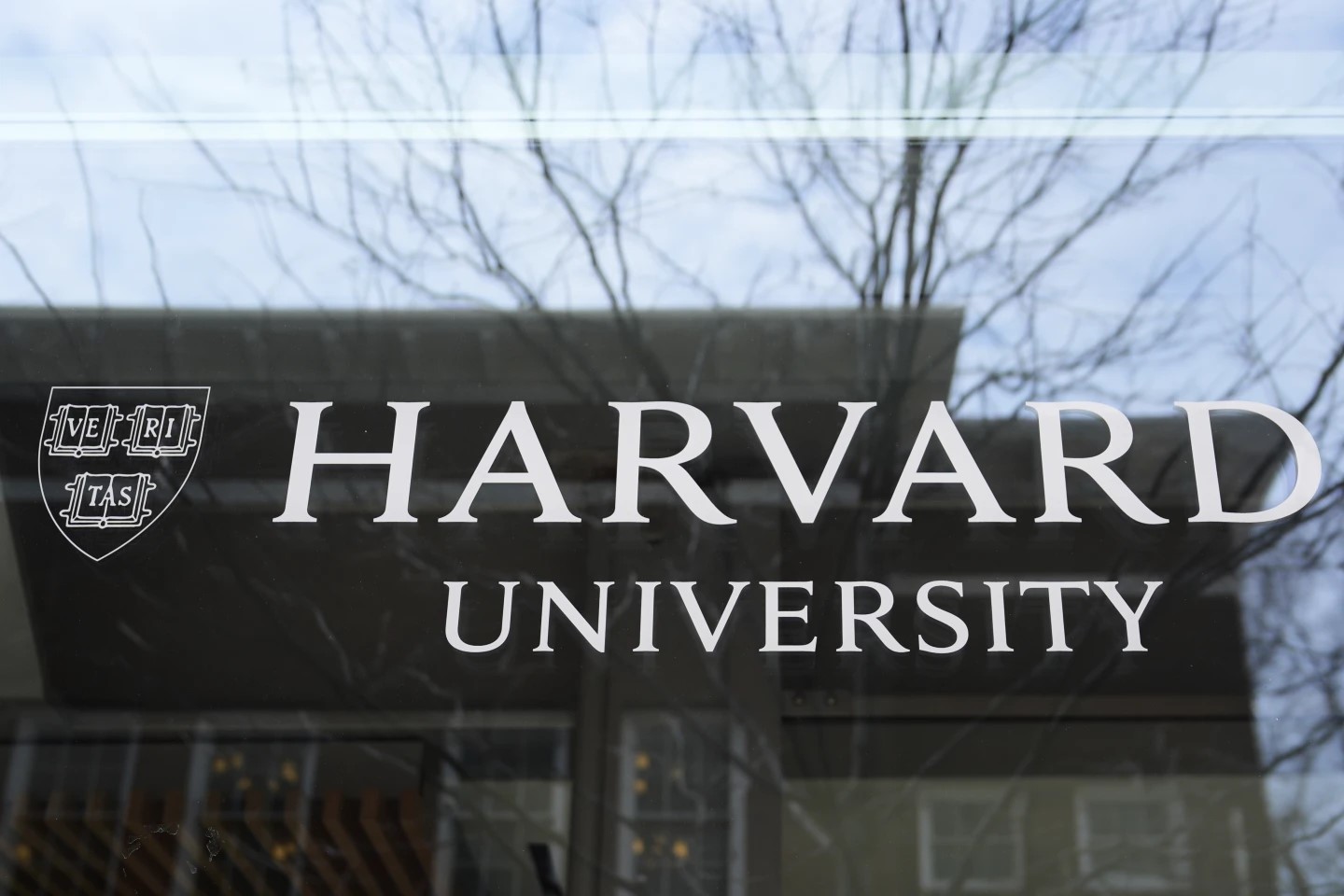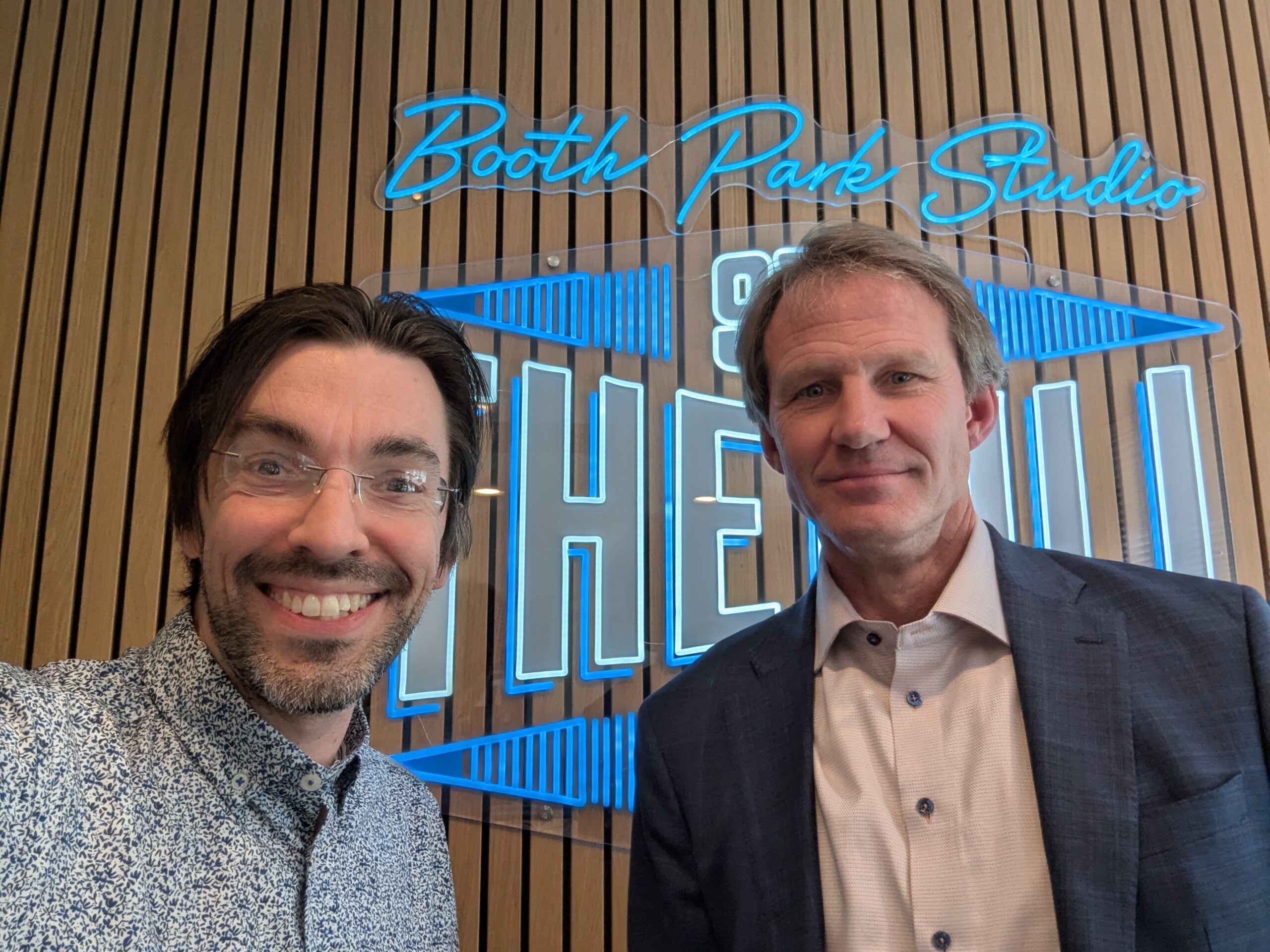The future of higher education: it’s going to be a major issue for the General Assembly this year, as well as a major issue at the national level with a new presidential administration. Colleges and universities are planning for their own futures as well, at a time of great uncertainty and significant transition.
What should tomorrow’s colleges and universities look like? How should we be devoting our resources? What should our priorities be? What should be changed, and what should remain the same?
WCHL’s Will Arrington is looking into the future of higher education this year, with perspectives from all sides of the political spectrum. In Part 1 of a series, he sits down with one conservative lawmaker who says the liberal arts ought to be priority number one.
Listen to the report.
In an age where debt free and even publicly funded tuition free college have become forefront on the national stage, State Rep. Craig Horn of Union County offers a more moderate (and certainly more conservative) perspective on reforming higher education in North Carolina.
Rep. Horn says he hears concerns from his constituents about the growing costs of higher education, but also complaints about “courses that aren’t worth any money, [such as courses] on Lady Gaga [and] zombies” which he says he thinks reflects the concern that “professors [are being allowed] to teach courses [that] don’t really have any application to the job market.” He says he receives complaints but very few solutions from his constituents – and he says he does not advocate for large state intervention in the education system because “I don’t like the legislature micro-managing anything.”
When asked about what he thinks is blocking reform to the costs of higher education, Horn expresses skepticism regarding teacher tenure, long a target of conservative ire.
“We’re not really getting our money’s worth out of professors,” he says, because “we tenure professors at [high pay rates] who don’t teach any courses [or teach] one course”.
Horn also says he believes “our higher education institutions don’t really work as efficiently as they should [regarding] their fundamental overhead costs”. Horn criticizes schools that are more concerned with being “more into the public relations business” than providing an efficient high-quality education, in regards to schools responding to calls to take on more students.
Horn’s responses are not atypical. According to Public Agenda, “59 percent of Americans say colleges today are more like businesses and care mainly about the bottom line versus 34 percent who say colleges today mainly care about education and making sure students have a good educational experience”. Even further, “44 percent [of Americans] – say that colleges that are wasteful and inefficient in how they spend [American college student’s] money [and feel this is a] serious problem”. That being said, the Agenda also found that 56% of Americans feel that high schools are failing to provide the proper education to prepare students for college and 44% feel that state government cuts to public colleges are “a serious problem”.
Rep. Horn, to be clear, does not advocate replacing liberal arts education with a more vocational approach. He says he believes in “balance in all things” and is “a big supporter of a traditional liberal arts education approach to undergrad work”. Horn ran a small business before his time in public office, and he says he favored those with degrees in history and English when he sifted through applicants. He says he thinks those sorts of degrees are indicative of someone who has “perspective” and can communicate intelligently and effectively.
Horn also expresses interest in the plan proposed during the 2016 Republican Primaries by Florida Senator Marco Rubio. Rubio’s plan would radically alter the way funding for higher education is implemented by “allow[ing] students to team with investors to pay for their college education in exchange for a percentage of their earnings for a period of time after graduation.”
Horn says he’s interested, but “the devil’s in the details” – and he worries the plan wouldn’t cover the common experience of students changing majors and career paths.
“Today’s job market is not like the job market of even 25 years ago,” he says. “People change jobs 6 or 7 times over their careers”.
Horn also rejects the idea that college should become a free public good – because such an experiment could lower the quality of education. (“The price of something is often indicative of its value,” he says. “We see that in lots of parts of life…the more benefits you dole out, the less quality of workmanship you get.”) Instead, he says he’d prefer a more expansive incentives program to give students more control over where they can attend school and the quality and specificity of the education that school offers.








